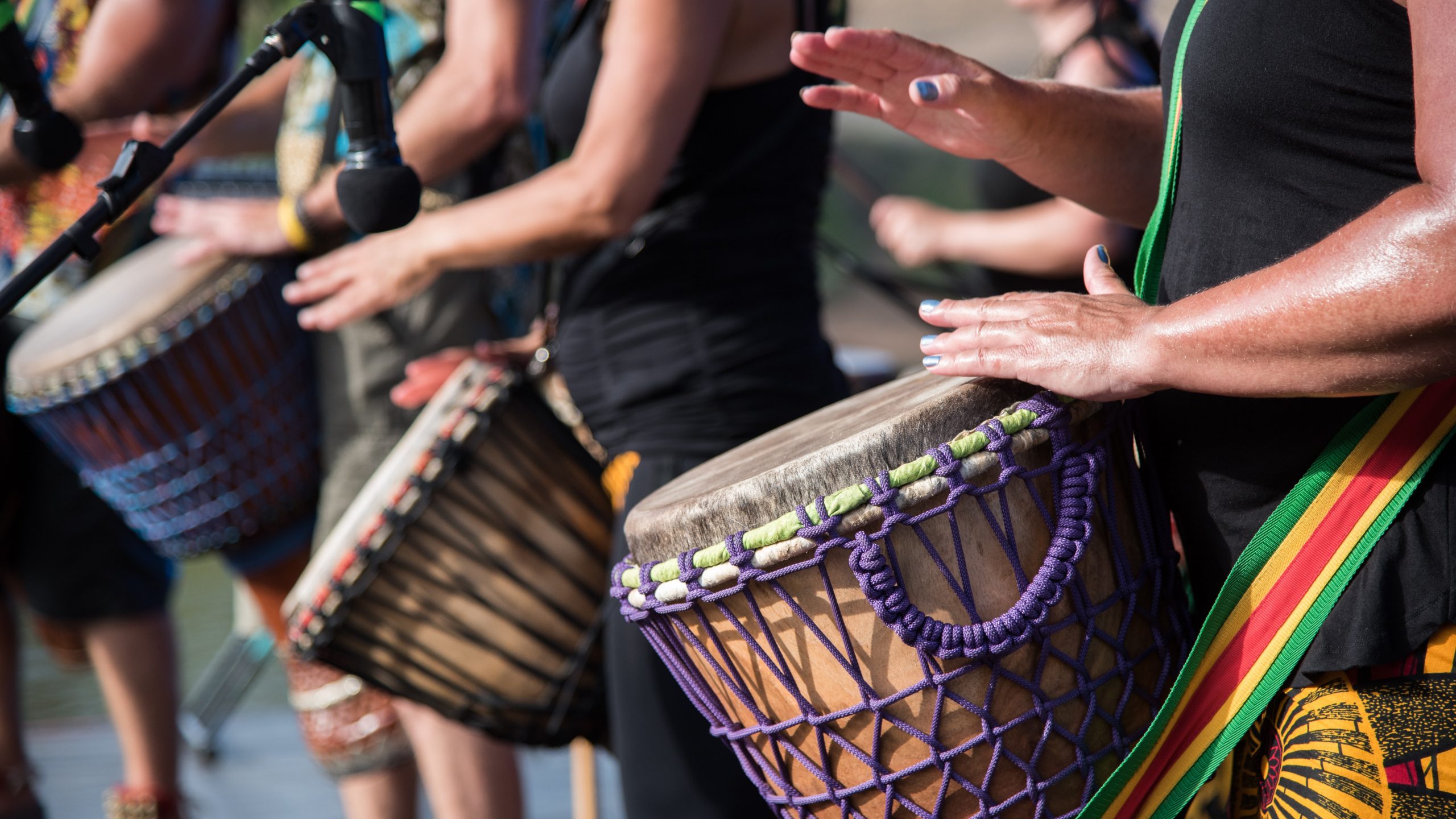Embrace Your Unique Voice: The Art of Soloing on Drums
When it comes to soloing on drums, it’s essential to foster the belief that you don’t have to sound like anyone else. While it’s wonderful to draw inspiration from fellow musicians, every drummer has their own unique voice, and that voice deserves to be heard. The music world is vast and diverse, offering countless avenues to approach improvisation and soloing across different musical genres.
The Power of Individual Expression
Firstly, you don’t need to be the fastest, loudest, or most technically proficient player to have something valuable to express. Many drummers think they must deliver flashy fills or rapid-fire techniques to impress their audience. However, the essence of drumming lies in the story you tell with your rhythms and the feeling you convey through your music.
Transforming the Concept of Phrasing
One effective way to connect with your audience is through the use of structured phrases. Phrases act as musical sentences that communicate ideas, emotions, and narratives. In many traditional styles, such as djembe or conga drumming, phrases are integral—they teach you to express yourself succinctly and powerfully.
Phrases are framed by the use of space, which creates tension and release. The dynamic interplay of notes and silence is crucial in crafting a musical statement. Think about it this way: a solo filled with complex fills can sometimes oversaturate the listener, while a simpler, well-placed phrase can resonate much more deeply. Don’t underestimate the power of space; it can elevate your rhythmic vocabulary and musical storytelling.
Effective Use of Space
Learn to place your notes strategically. It’s about where you put the notes—or even when you choose to leave them out. This technique of positioning creates an effective musical result. Pairing fewer notes with dynamic contrasts can often yield a more profound effect than a rapid-fire solo filled with embellishments. Remember, less can indeed be more.
For instance, consider your tempo. If you find yourself playing alongside faster drummers, you might feel the pressure to match their energy. Instead, embrace your own pace. Use slower, deliberate phrases to make a statement instead of racing against the clock. Explore the idea of “playing into the spaces” rather than always filling them with sound.
Feel Over Technicality
Take a lesson from the story of a singer who once expressed her feelings of inadequacy about soloing. She felt she wasn’t “good enough” to perform alone. But here’s the truth: as a listener, the emotional resonance of her performance mattered far more than her technical accomplishments. If a musician can evoke feelings in others, then they’ve succeeded, regardless of their skill level.
When it comes to drumming, the same principle applies. As a listener, whether you are participating in a drum circle or simply enjoying a performance, the collective feeling generated by the musicians matters most. If the drummer conveys passion and intent, their skill level becomes irrelevant; what counts is the connection created through the music.
Strategic Craftsmanship in Solos
Building a solo can be strategic. Consider crafting your solos to include dynamics—varying your volume and intensity, along with your phrases. Create anticipation by building up to certain moments and then resolving them with a softer touch. This method enriches the overall musical experience and keeps the audience engaged.
As you delve into traditional folkloric drumming or hand drumming styles, you’ll discover specific techniques to develop your solos. These traditional forms serve as stepping stones, providing you with a framework from which you can forge your unique path. I highly recommend immersing yourself in these styles; they can broaden your understanding and enhance your creativity.
Validating Your Unique Journey
It’s vital to acknowledge that not everyone will reach the same skill level as others, and that’s perfectly okay. Each journey in the world of drumming and music is unique. Remember that what truly matters is whether the musicians around you motivate you and resonate with your spirit.
Be Yourself
So, as you navigate your musical journey, be true to your individuality. Experiment, take risks, and don’t shy away from showcasing who you are as a musician. Your perspective and experiences enrich the collective tapestry of music, and your contribution is invaluable.
I’d love to hear your thoughts and stories on this topic! Have you had moments where you doubted your abilities, only to rediscover your unique voice? Share your insights below, and let’s celebrate the joy of drumming together!

